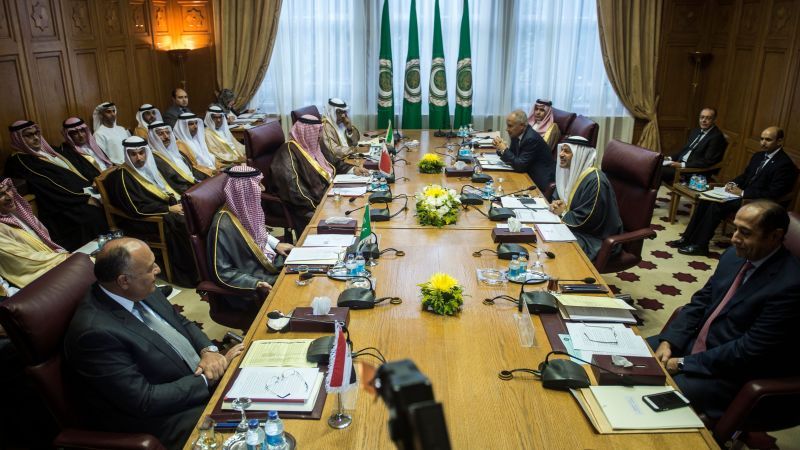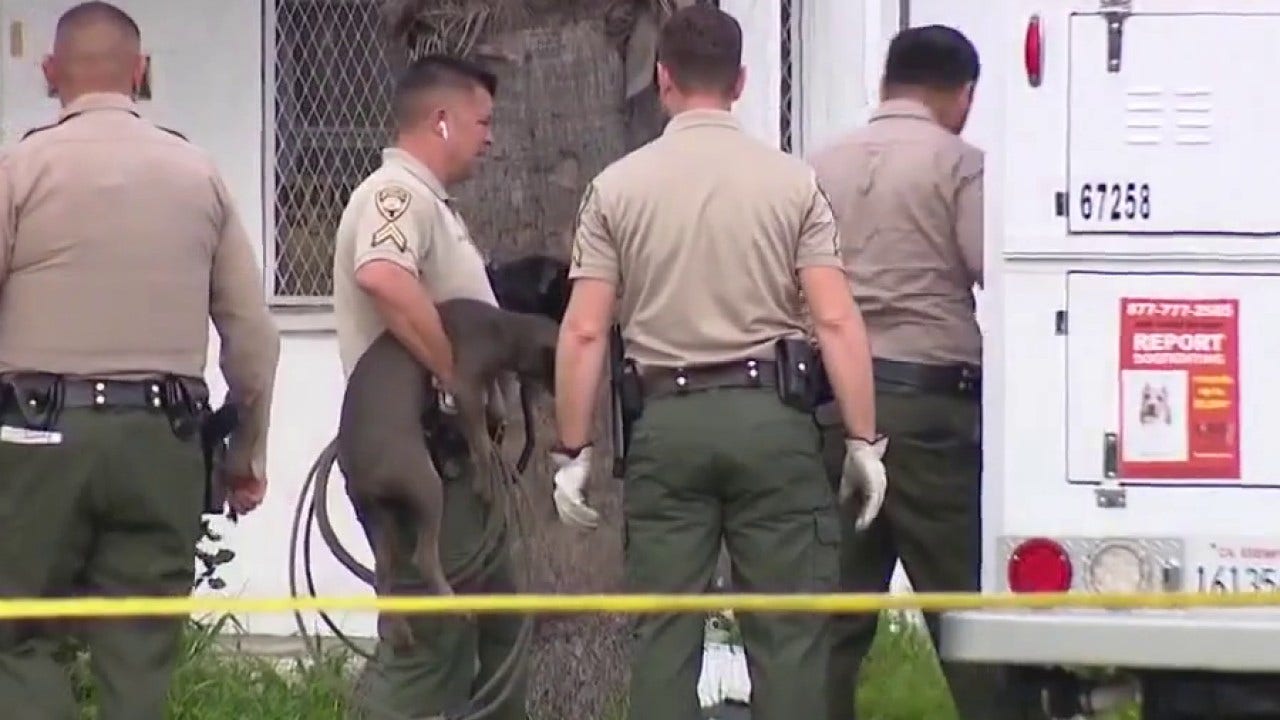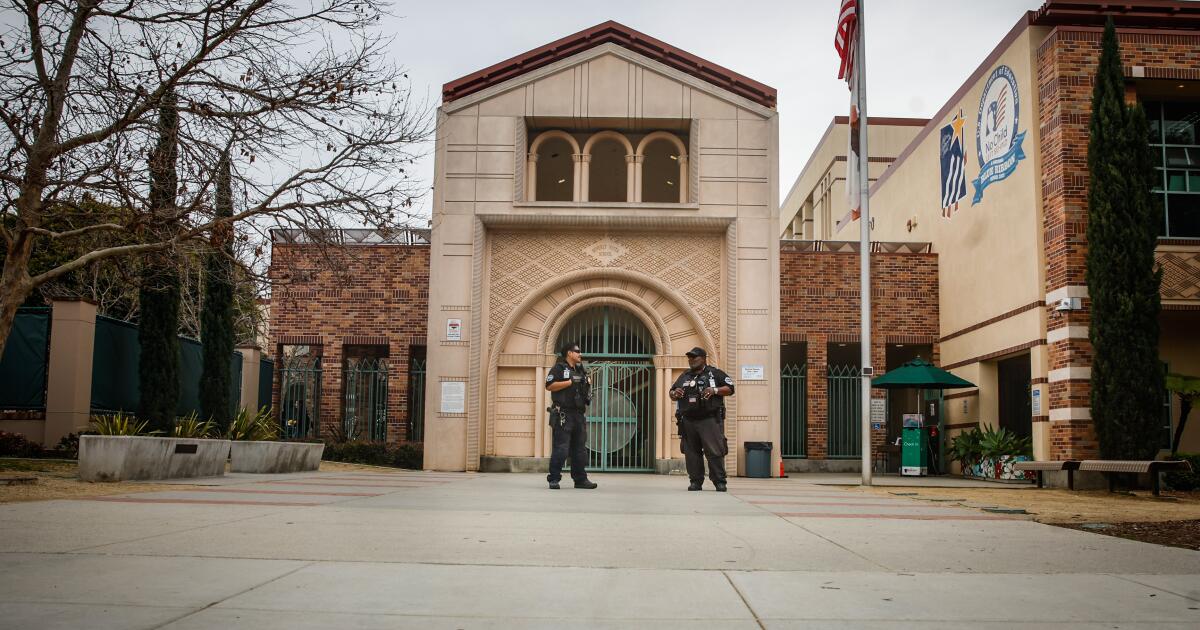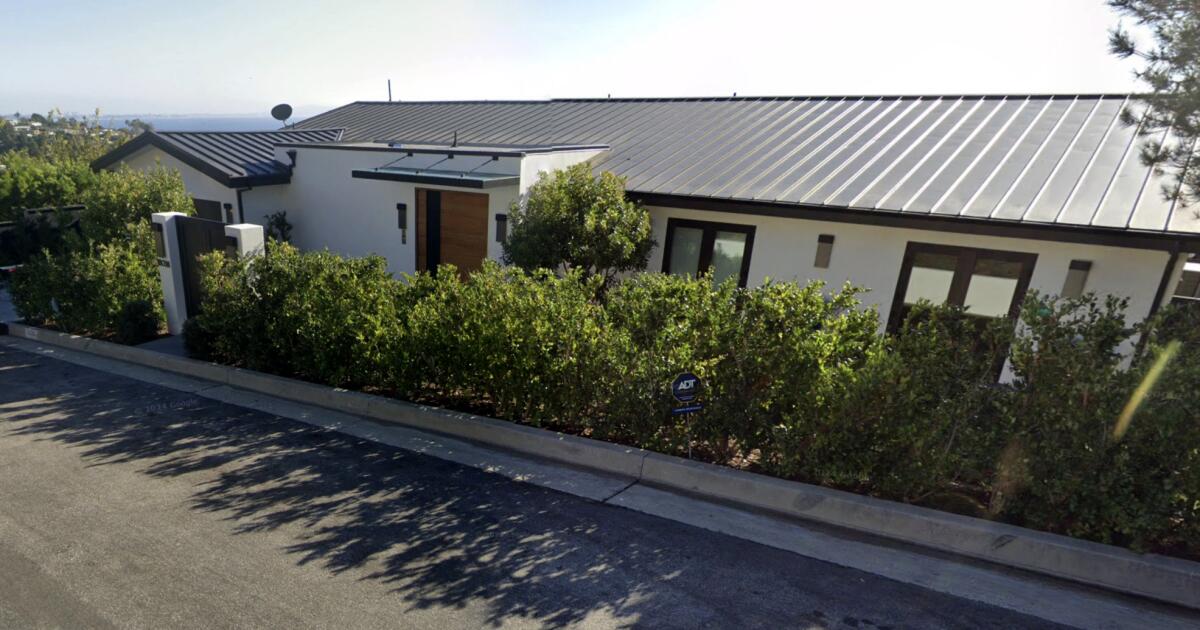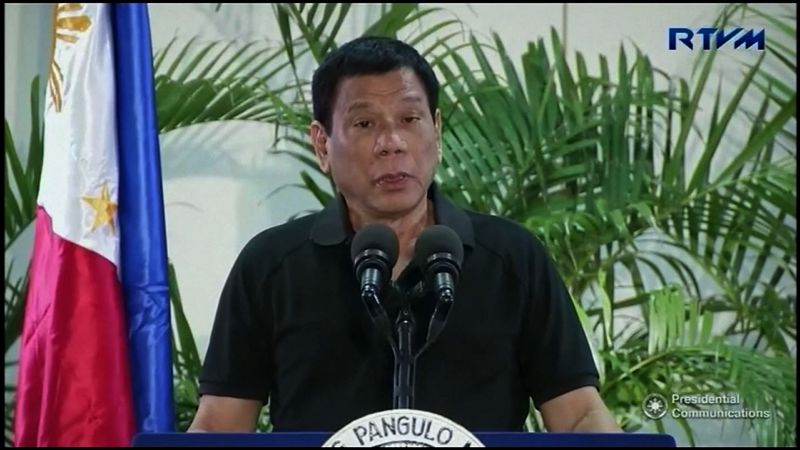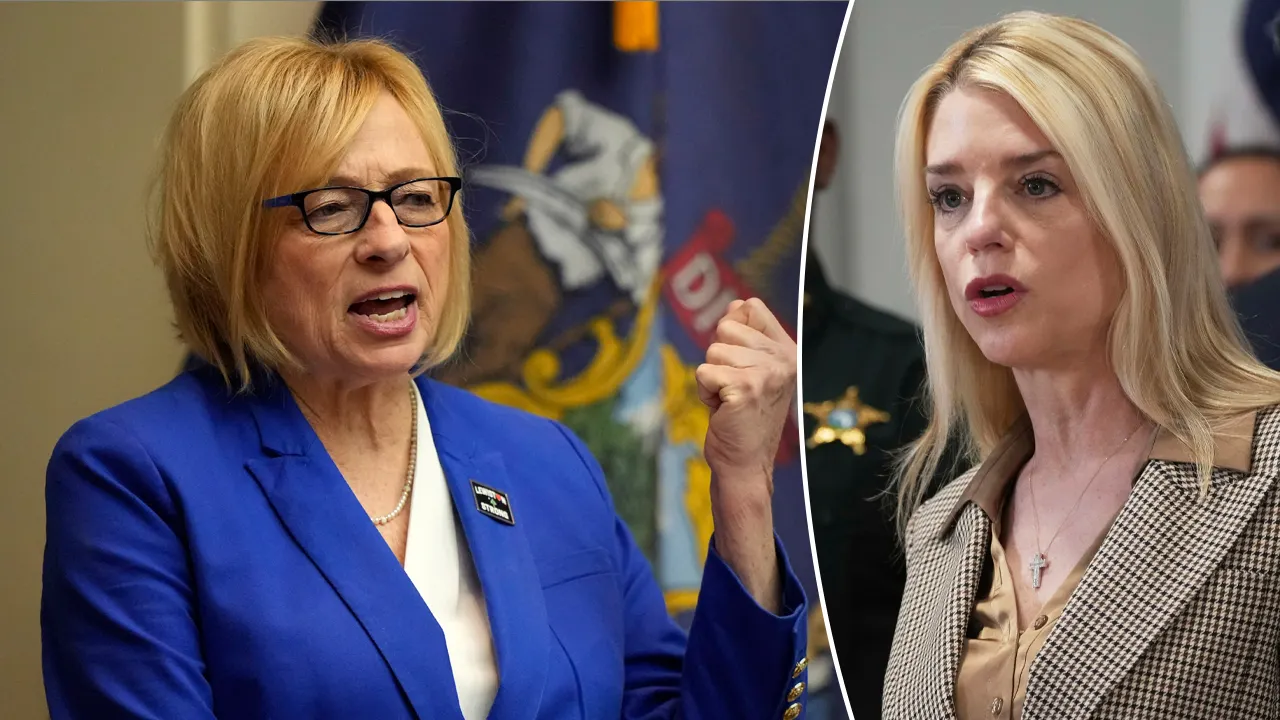cnn
—
Here's a look at the Arab League, an organization of African and Middle Eastern countries, and the Palestine Liberation Organization (PLO).
Ahmed Aboul Gheit of Egypt is the current secretary general of the Arab League.
There are also four observer states: Eritrea, India, Brazil and Venezuela.
The purpose of the Arab League, based on the Covenant of the League of Arab States, is to promote closer political, economic, cultural and social relations between its members.
A council made up of representatives of member states works together to resolve disputes peacefully. The league has five main committees: political, economic, social and cultural, legal and Palestinian affairs.
Each member has one vote on the council. The decisions are only binding on the states that have voted on them.
March 22, 1945 – The Arab League is created in Cairo with seven Arab countries: Iraq, Saudi Arabia, the Lebanese Republic, Yemen (Sanaa), Transjordan (now Jordan), Egypt and Syria.
Since 1945, 16 other members have joined: Libya (1953), Sudan (1956), Morocco (1958), Tunisia (1958), Kuwait (1961), Algeria (1962), Yemen (Aden, 1968), Bahrain (1971 ). , Oman (1971), Qatar (1971), United Arab Emirates (1971), Mauritania (1973), Somalia (1974), the PLO (1976), Djibouti (1977) and Comoros (1993).
April 13, 1950 – League members sign agreement on joint defense and economic cooperation.
1959 – The league holds the first Arab oil congress.
1964 – The league organizes the Arab League Educational, Cultural and Scientific Organization (ALECSO).
1976 – ARABSAT, an Arab communications satellite system, is formed.
March 26, 1979 – Egypt signs a peace treaty with Israel. The league suspends Egypt's membership and moves its headquarters from Cairo to Tunis, Tunisia.
1989 – Egypt is readmitted to the league; Later, the headquarters moved again to Cairo.
1990 – Yemen (Aden) and Yemen (Sanaa) are united as Yemen.
August 1990 – The league is divided over Iraq's invasion of Kuwait. Members are divided over voting on a proposal to send Arab troops to join troops defending Saudi Arabia from a possible attack. Saudi Arabia, Egypt, Syria, Morocco, Qatar, Bahrain, Kuwait, United Arab Emirates, Lebanon, Djibouti and Somalia endorse the presence of foreign troops in Saudi Arabia.
2003 – All league members except Kuwait officially oppose a US-led war against Iraq. However, some members other than Kuwait, including Bahrain and Qatar, allow their territory to be used.
April 23, 2006 – Arab League spokesman Hisham Yusif announces that the organization has promised to transfer $50 million to the Hamas-ruled Palestinian Authority. This is a reaction to the United States and the European Union cutting off direct funding to the Hamas-led government that took power on March 30.
March 29 and 30, 2009 – A two-day summit takes place in Doha, Qatar. Sudanese President Omar al Bashir attends, despite an arrest warrant issued by the International Criminal Court.
February 22, 2011 – The Arab League issues a statement saying it will suspend Libya's participation in Arab League meetings and all of the group's agencies. The statement also condemns what it calls crimes against peaceful protesters and strikers in Libya.
March 3, 2011 – A summit scheduled for March 29 in Baghdad, Iraq, is postponed due to unrest in several Arab League countries.
March 12, 2011 – The Arab League calls on the UN Security Council to impose a no-fly zone over Libya.
July 13, 2011 – Arab League Secretary General Nabil Al-Araby visits Syria and meets with President Bashar al-Assad.
November 12, 2011 – The Arab League suspends Syria's membership, effective November 16, 2011, in response to Syria's continued violence against its own citizens. 18 members vote in favor of the suspension, while Lebanon and Yemen vote against. Iraq abstains from voting.
December 19, 2011 – Syria signs Arab League proposal aimed at ending violence between government forces and protesters.
December 26, 2011 – Members of an Arab League delegation arrive in Syria to follow developments on the ground.
January 28, 2012 – The Arab League suspends its mission in Syria as violence in the country continues.
November 12, 2012 – State media reports that the Arab League approved the resolution to recognize the new National Coalition Forces of the Syrian Revolution, uniting Syrian opposition factions.
March 28 and 29, 2015 – The 26th Arab League Summit takes place in Sharm el-Sheikh, Egypt. All leaders agree to create a multinational military force to combat threats to the Middle East.
July 25, 2016 – The Arab League Summit is held in Nouakchott, Mauritania, but only seven leaders from the 22 member countries attend. The meetings focus on the fight against terrorism and how to address other conflicts in the region.
February 24 and 25, 2019 – The first EU-Arab League summit takes place in Sharm el-Sheikh, Egypt.
May 7, 2023 – The Arab League announces that it has readmitted Syria after 11 years of absence.

